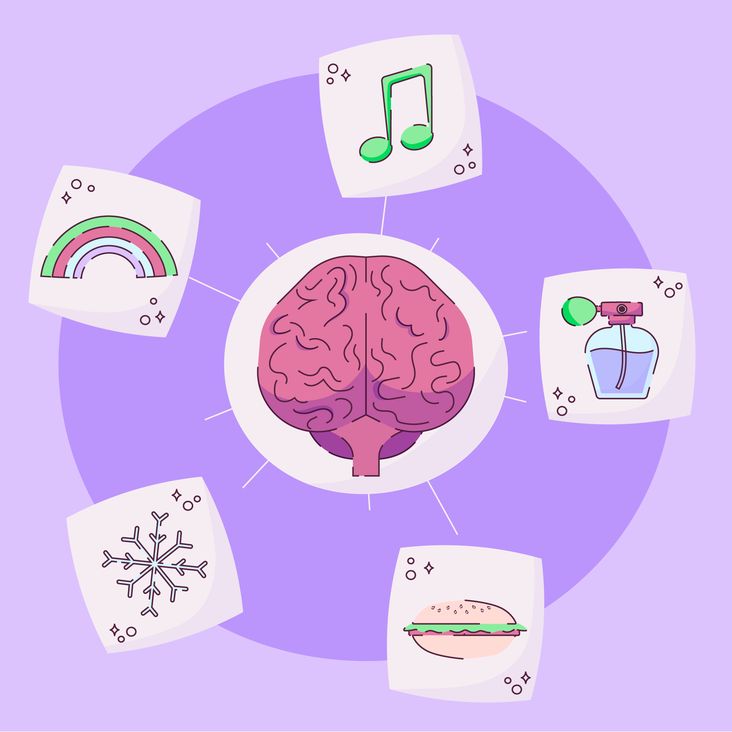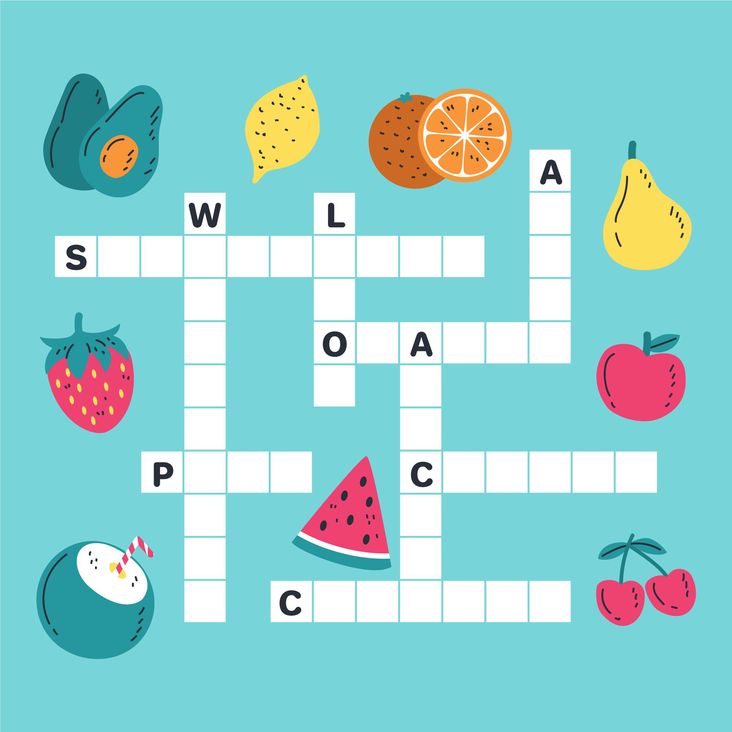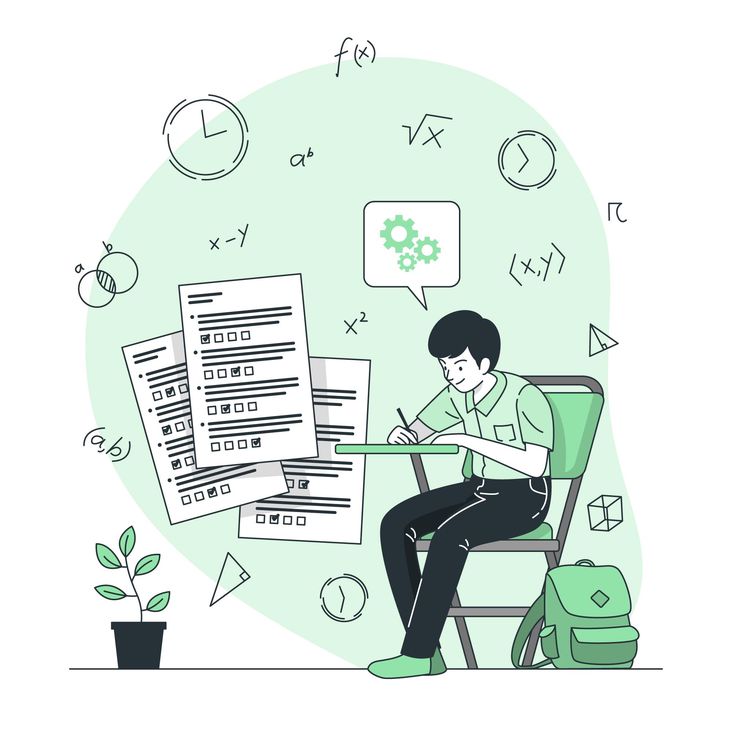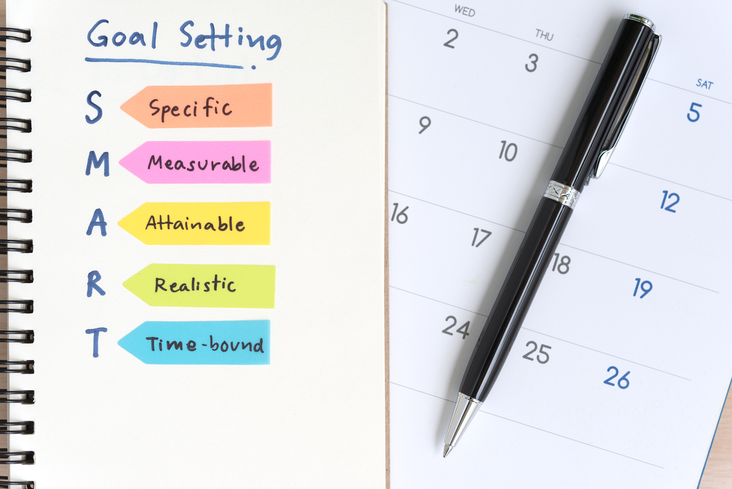How to Improve Your Memory: Techniques for Cognitive Boost
Apr 15, 2024 by Vreny Blanco · 8 min read · Focus

Improving memory is a common goal for many, whether for academic success, professional development, or maintaining cognitive health as we age. Memory, a critical component of cognitive function, involves the processes of encoding, storing, and retrieving information.
In this blog post, we will explore several techniques designed to enhance cognitive performance and, consequently, improve your memory.
What is memory?
Memory is the brain’s ability to encode, store, and later retrieve information. It allows us to recall past events and experiences, providing a framework for understanding the present, and planning for the future. Memory is categorized into short-term and long-term types, with information being encoded visually, acoustically, semantically, or tactilely.1 2
How to Improve Memory and Concentration
Enhancing memory and concentration involves adopting healthy lifestyle habits, such as maintaining a balanced diet, engaging in regular physical activity, and ensuring adequate sleep.
Additionally, mental exercises, stress management, and social engagement play crucial roles. Techniques like associating new information with existing knowledge, and using mnemonics can significantly boost memory retention and focus.
Here are a few techniques you can try:
Mental Exercises and Continuous Learning
Elaborative Rehearsal
Elaborative rehearsal is an encoding strategy that facilitates memory formation by linking new information to what one already knows.3 This technique involves understanding the meaning, context, and connections between new information and existing knowledge.4
Considered an active learning style, elaborative rehearsal significantly increases the likelihood of successfully storing information in long-term memory by deeply processing new information along with its meaning, context, and associations with previously acquired knowledge.4
Visualization
Visualization involves creating a mental image or rehearsing a planned movement mentally to learn skills or enhance performance.5 This technique is especially useful for remembering details and lists.
Teach What You’ve Learned
Teaching concepts to someone else forces you to thoroughly understand the material and verify your comprehension.
Crossword Puzzles and Sudoku
Engaging in puzzles and games that challenge your brain, such as Crossword Puzzles and Sudoku, can improve memory and problem-solving skills.
Learning New Skills
Learning new skills, such as taking up a new hobby or learning a new language, keeps your brain active and enhances cognitive function.

Effective Study Techniques
Spaced Repetition
Spaced repetition is a method that reviews material at systematic intervals, spreading study sessions over time instead of cramming information into a short period. This technique utilizes the spacing effect, where information is more easily recalled when learning sessions are spaced out.
Initially, the intervals are spaced closely together (e.g. one hour; four hours; one day). As the material is reviewed, the intervals systematically lengthen (four days; one week; two weeks), allowing for review before the material is forgotten and aiding in long-term memory retention.6
Practice Tests
Practice tests involve testing yourself on the material you are learning, improving memory recall and identifying areas needing further review.
Interleaved Practice
Interleaved practice involves learning more than one subject or skill and alternating between them.7 This technique helps to incorporate existing knowledge and skills with new ones.8
Mix different topics or subjects together when studying. This approach can improve your ability to differentiate between concepts and solve problems.
Elaborative Interrogation
Elaborative interrogation is a technique that involves asking “how” and “why” questions about the material being learned, encouraging deeper processing of the information. By linking new information to existing knowledge, this method helps in forming more complex associations, thereby improving recall.

Mnemonic Devices
Mnemonic devices are memory aids that encode difficult-to-remember information into a more memorable format, such as acronyms, visual imagery, and the method of loci, taking advantage of the brain’s preference for vivid, structured, and meaningful information.
Mnemonic devices help recall larger pieces of information, especially in the form of lists such as features, steps, stages, parts, etc.
Acronyms
An acronym is a type of abbreviation that consists of the first letters of a series of words and is pronounced as a single word. Acronyms are used to shorten common phrases and make them easier to remember and say.
You can create a word or phrase in which each letter represents a concept that you’re trying to remember. For example, the acronym “SMART” is used as a mnemonic to establish criteria for effective goal setting and development. It stands for Specific, Measurable, Achievable, Relevant, and Time-bound.
Chunking
Chunking is a cognitive strategy used to improve memory, learning, and information processing. It involves breaking down large pieces of information into smaller, more manageable units (or “chunks”) that are easier to digest and remember.
Loci Method / Memory Palace
The Loci Method, also known as the Memory Palace, is a mnemonic technique used to improve memory and recall of information. It is based on the use of mental spaces to store memories, which can then be retrieved by mentally “walking” through these spaces.
This method enhances recall by creating vivid spatial memories that facilitate mental navigation through the stored data. It involves visualizing a familiar place, such as your home or a route you often take, and associating each location within this place with a piece of information you want to remember.

Lifestyle and Memory
Diet and Exercise
Physical exercise is not only beneficial for physical health but also has a positive impact on cognitive functions, including memory. A study by Erickson et al. (2011) found that aerobic exercise increases the size of the hippocampus, the brain area involved in verbal memory and learning. Regular physical activity can thus be an effective strategy for enhancing memory and overall brain health.9
Similarly, a nutritious diet rich in antioxidants and omega-3 fatty acids supports brain health. Foods such as blueberries, salmon, and walnuts have been linked to improved cognitive function and reduced risk of dementia.10
Stay Hydrated
Dehydration can impair both attention and long-term memory, so make sure to drink enough fluids throughout the day.
Limit Multitasking
It’s beneficial to focus on one task at a time. Multitasking can lead to decreased attention and hinder memory consolidation.
Sleep
Sleep is another critical factor in memory consolidation. During sleep, the brain processes and consolidates memories from the day. Research conducted by Diekelmann and Born (2010) indicates that sleep following learning activities promotes the integration of new memories into the pre-existing knowledge network, thereby enhancing memory retention.11 Ensuring adequate and quality sleep is, therefore, essential for optimal memory function.
Meditation and Mindfulness
These practices could increase gray matter density in the brain, improving memory, stress levels, and empathy.12

Shape Your Environment for Success
Customize your workspace to meet your individual needs for optimal concentration. A distraction-free workspace can significantly improve your ability to focus.
Block Digital Distractions
Eliminate digital distractions during focused work or study sessions. Put away your phone, turn off notifications, and use an app and website blocker. If you have a Mac, you can use 1Focus to block all the online content you don’t need. 1Focus is a powerful app and website blocker for Mac that can help you eliminate time-wasting, addictive content like social media, YouTube, online games, and more.
Here is how 1Focus can help you:
- Block websites and apps during working hours.
- Block all websites except the specific ones you need for work or study, to ensure monotasking.
- Block the internet by blocking the App Store and installed web browsers.
- Establish a regular bedtime routine.
Conclusion
Improving your memory involves a number of strategies, including mental exercises, effective study techniques, and informed lifestyle choices.
Incorporating these practices into your daily routine can not only strengthen your memory, but also improve your overall cognitive health and well-being.
Further Reading
Find out more about the cognitive benefits of Sudoku and crossword puzzles and how they can improve your brain function in our article: Improve Your Brain Function by Playing Sudoku.



